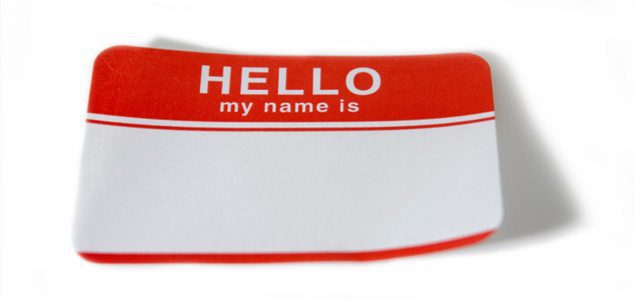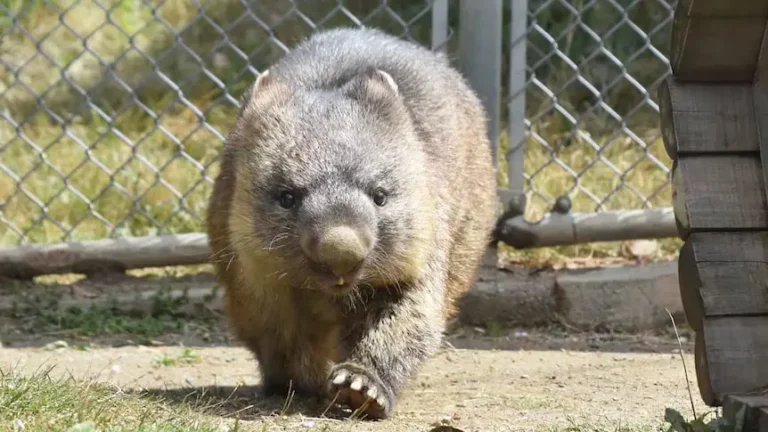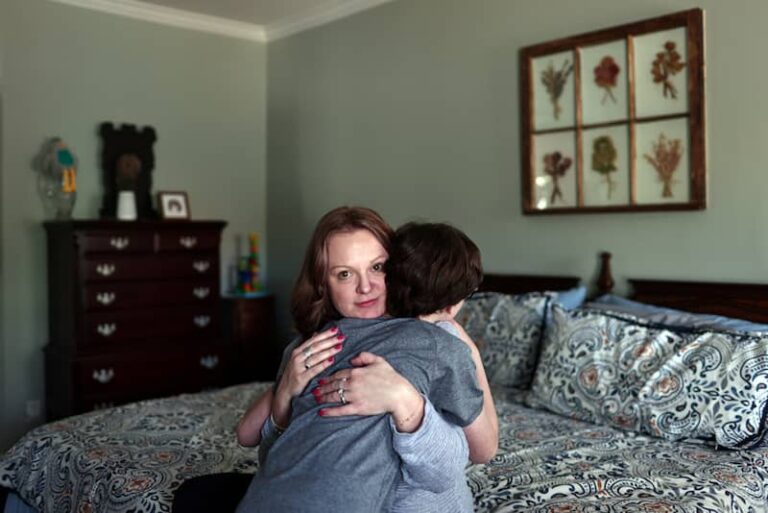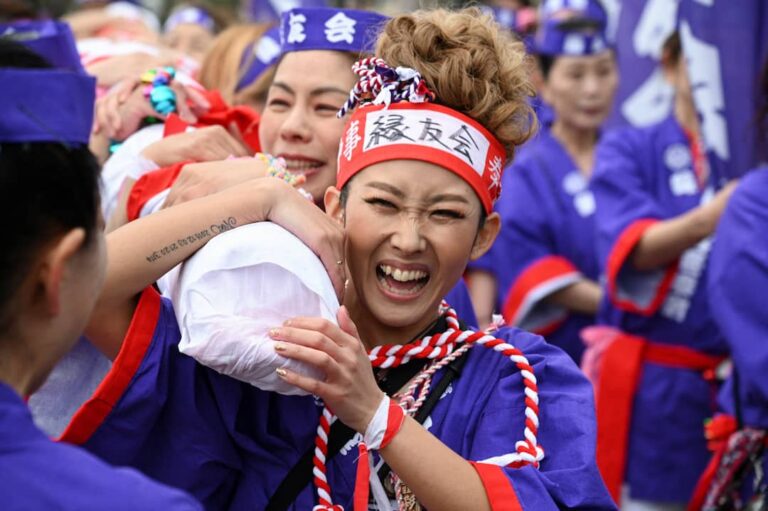What’s in a name?
It’s an age-old question made famous in Shakespeare’s classic Romeo & Juliet. While the iconic playwright had a valid point, we wonder what he would have thought of some of today’s off-kilter choices by parents.
New Zealand officials have this week released a list of ‘undesirable’ baby names put forward by parents this year. The list of more than 70 names were later rejected by officials on the basis that they were “too bizarre or offensive”.
Some of the offending names in question included Lucifer, Mafia No Fear, 4Real, V8 and Queen Victoria.
One child, set to be called ‘Anal’, had their name vetoed by the Department of Internal Affairs, while another was lucky to escape a lifetime of being dubbed ‘.’ or ‘full stop.’
The advent of unusual names, whether they be after famous places like Brooklyn, Tennessee or everyday foods like Apple and Olive, have been made popular in recent times by some well-known celebrities. But somewhere along the way to alternative titles, authorities are drawing a line.
According to the department’s rules, names that imply an official title or rank, like Duke, King, Prince or Princess are forbidden; these names were among the many turned down since 2001.
Interestingly, the name ‘Justice’ was the most popular on the list of overruled names, having been rejected 62 times thus far, with slight variations ‘Justus’ and ‘Juztice’ also failing to gain approval.
Other parents seemed to have lost all inspiration, asking instead to use a moniker, like 2nd, 3rd or 4th for their offspring.
But, of all the names to gain public attention in the country, none comes quite as close as ‘Talula Does The Hula From Hawai’. Back in 2008, the parents of a nine-year-old with this name were court-ordered to change her name.
Judge Rob Murfitt, who oversaw the case, at the time criticised the parents for their unusual choice. Murfitt reprimanded the parents, arguing that the name was ‘embarrassing’ and ‘makes a fool of the child’. He cited the examples: ‘Number 16 Bus Shelter’ (we can only assume what special event took place here), ‘Midnight Chardonnay’ and twins called ‘Benson and Hedges’.
Inspired by this issue, we decided to go in search of some of naming rules set by other countries across the world. Here are a few we thought we would share:
USA – The land of the free is also home to some of the world’s most bizarre names. This is probably because anything goes here. A part from a few states prohibiting the use of symbols like @ or numbers, American parents have free reign over their baby names.
Denmark – Strict laws require names to be chosen from an approved list of 7,000 names. Parents seeking to name their child anything else will need to seek approval from Copenhagen University’s Names Investigation Department.
Portugal – Laws state that children’s names must be traditionally Portuguese, no nicknames or unisex names allowed. The strong focus here is because, like some many other Latin-speaking countries, children have up to four names, including two from their mother and two from their father.
China – Practicality rules the naming game in this part of Asia. Instead of focussing on a child name’s suitability, Chinese authorities and laws focus more on whether the name can be input correctly into a digital system for creating Resident Identity Cards – which all citizens over the age of 16 must carry at all times.
Germany – Gender confusion restrict many German parents from straying from the pack. A person’s first name must clearly define whether they are male or female. Surnames as first names are also banned with the government reserving the right to reject any odd names.
France – Jacques, Pierre, Jacqueline; while there are many stereotypical names for the croissant-eating beret-wearing nation there is some logic behind the phenomenon. A law put in place during the 18th century restricted French parents to name their offspring after a handful of saints. The 1960s saw alternative spelling, foreign, and diminutive names allowed. But it wasn’t until 1993 that parents were given free reign to choose a name.







